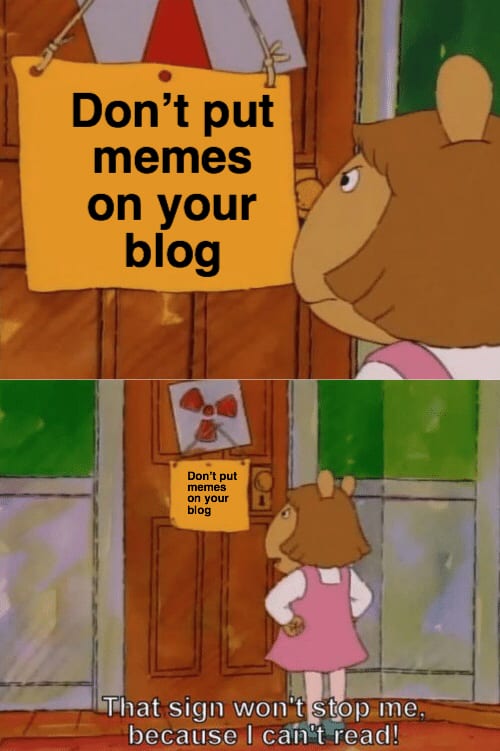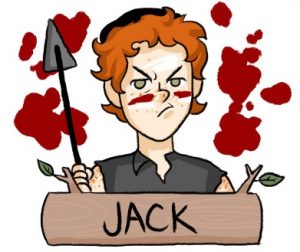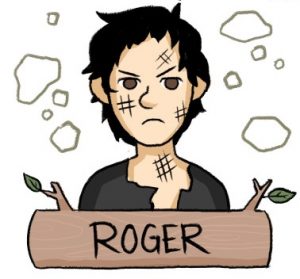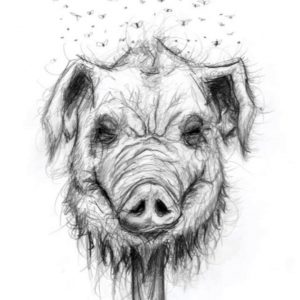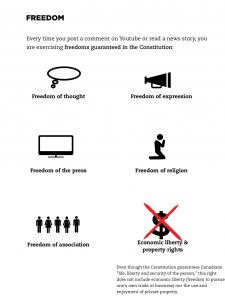Welcome back! This unit was… a lot, to say the least. We studied Lord of the Flies, for starters. We also managed to squeeze in debates at the driving question of “How Do We Organize Ourselves?” It delved into governments and society. So, obviously, I was hooked. To fully capture this unit, I’m going to need to break it down for you.
The Teams
So, first day: we had to get ourselves into teams. Sounds simple, right? Right…? Wrong. Seeing as Ms. Maxwell left the room for twenty minutes and let a bunch of rowdy, 15-16 year old teenagers try and sort themselves into groups. So much shouting. So… So much shouting. We had to write a reflection afterwards, and it turns out the whole thing was about human nature.
Click Here To Read The Reflection!
I got a team with Mimi, Ethan, and Kyle. We were a really good team! I think we worked well together. One big part of the teams was the Point System.
As you can see, it was based off of how good our team was at certain things. Charged iPad? Points. Were you a decent human? Points. We tallied them all up on board.
We got the third place, if I remember correctly. Good fun!
If you notice on the point system chart it mentioned quizzes. Yep, there were team quizzes. We read Lord of the Flies (more on that later) and did three team quizzes. Each person in the team answered at least two of the ten questions on the quiz, and we ad to work together to remember things like characters, plot points, and stuff like that. We never got 100% but we got close, with 9/10.
The Book
Next up: We Read Lord of the Flies! That book that everyone reads at some point in high school, about innocent British boys that resort to murder and savagery. The good, lighthearted stuff! For those of you who haven’t read it, it’s pretty much about a bunch of boys who survive a plane crash and try to figure out how to survive. Speaking of survival… The first day of the unit, we had to figure out what we would do. We were given the assignment of figuring out what we would do if we were in the LOTF situation. My group came up with:
- Figure out a group of leaders and different committees with diverse ages
- Find a source of running water
- Find where renewable sources of food are
- Build shelters
- Build equipment/tools
- Scope out what dangers are on the island
- Find out who has certain skills
- Find highest point and make good strategies for attracting planes
We were on the same page as Ralph, mainly.
So I’ve been throwing around Ralph’s name a lot. (Like once, but whatever floats your boat). We actually did analysis of these characters! So let me bring you along the journey of LOTF: Who’s Who?
SPOILERS FOR LORD OF THE FLIES AHEAD!
Let’s talk a bit about some symbols in the book. Personally, I’m a sucker for symbolism. It’s always so cool to look at something and notice the Easter eggs, or realize that ‘Hey, the Lord of the Flies could be Satan’. The good stuff. The character analysis website (that I made) talked about what those characters symbolized, but what about some of the other things in the book?
The Conch in the book is very important. Ralph uses it to call meetings, and it gives everyone a chance to speak. It represents democracy. So when it breaks after Roger kills Piggy (I dislike Roger strongly), any chance of democracy or reasonable solutions have been, quite literally, shattered.
The Lord of the Flies is really just a pig’s head on a stick. But Simon goes insane, and it starts… talking to him. Yeah, this ten year old boy gets scarred for life by a dead pig’s head talks to him and taunts him. The Lord of the Flies represents the evil inside of all of us. If you haven’t read the passage, you should. But the pig’s head says things like “There’s only me” and “We’re going to have fun on this island”. There’s a whole other theory about Simon being Jesus and the Lord of the Flies being Satan, but let’s not get into that.
I really liked this book. It was interesting, even if some of the descriptions were long. It showed human nature, and it’s oddly interesting to watch these civilized people turn into savages.
Government
How do we organize ourselves? Well, this unit helped us answer that. To start off, each team researched a different government. There was:
1) Constitutional Monarchy
2) Dictatorship
3) Democracy
4) Oligarchy
5) Theocracy
6) Anarchy
We got the boring one of Democracy to research. Democracy is very common, seeing as places like the US and Canada use it. How it works is it focuses on political equality of all citizens. It is a system of rule by laws. The rule of law protect the rights of citizens, maintains orders, and limits how much power the government has. No one can be discriminated against based on their race, religion, ethnic, group or gender.
We also looked at the charter of rights and freedoms. Really important learn, seeing as I, personally, like to know my basic human rights as a Canadian citizen.
The last thing we looked at was voting systems. Okay, this is… so much. Why is it so complicated? But we looked at this article to try and make sense of it. I got to research the most simple one: First Past the Post. Pretty much, say that three candidates run. People put in their votes, and Candidate C gets the most. Candidate C wins. It’s that easy, but no. It has to get more complicated. I can’t even understand why anyone would make them, but whatever.
Debates:
For those who know me: I’m very scared of talking infront of people. Drama performances I can do, because it’s less scary to be playing a character. But then we had to do debates…
So, for the debate, we had to incorporate anything we could from humanities. This rages from World War One, to Disruption, World War Two, and LOTF. Then we got our statement:
Be It Resolved That It Is Human Nature To Put Yourself
And we were arguing pro. Yeah, we got to say that we’re all selfish at heart! Good times. We did a lot of research, and a few ‘impromptu speeches’, where people would get given a topic and have to rant about it for a minute or so.
Then came the debate. We had our opening statement down, and some strong rebuttal ideas. The thing is, there’s only so much you can do to prepare for a debate. We did it, and i think it went well! Sure, the other team had good points, but so did we! We made a podcast out of it:
So, all in all, I really enjoyed this unit! Lord of the Flies was very interesting to read, and I learned a lot of how the government works and debating. The debate was very stressful, yes, but I got a lot out of it, such as public speaking skills and my ability to form an opinion and stick with it. Side note: this may be my last humanities post for the year. So, until next YEAR,
Read you later
Sincerley, Me
